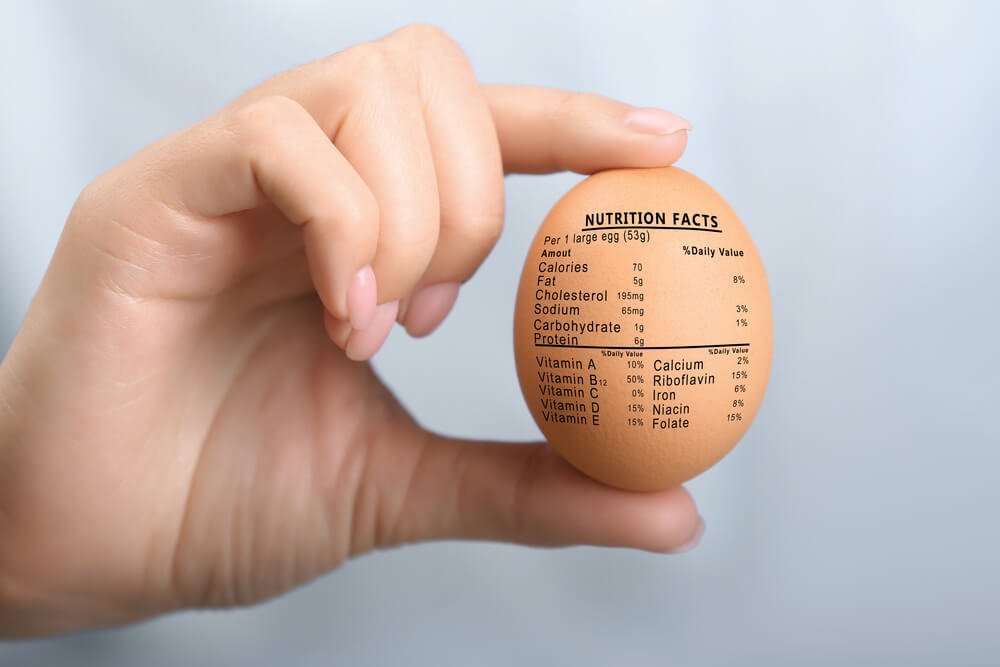Introduction
You may have a heart of gold, but so does the hard-boiled egg! Eggs have been the most preferred breakfast in most places around the world. They have been popularly consumed all over the world ever since the early men started cultivating chicken. Eggs are a staple food in every household, and have astonishing health credentials, and are considered as the source of complete protein. The yolk and the egg whole are both nutritionally packed with proteins, vitamins, and minerals. They are widely used in a zillion recipes; as they contain lecithin- an emulsifying compound (very essential in recipes like mayonnaise). Eggs remain a very essential ingredient in the world of baking as they have good binding properties.
This versatile yet humble ingredient has been nourishing the human body in the most possible ways as they contain the most essential amino acids including all the other nutritional goodness. There are many types of eggs available in the market like duck eggs, quail eggs, goose eggs. However, the most commonly used are chicken eggs.
Quail eggs have brown, blue, or white shell and are way smaller and more petite compared to chicken eggs. They are a favorite when it comes to gourmet cooking. However, they taste the same as those of chicken eggs.
The duck eggs are packed with more protein and fat content compared to the chicken eggs and are fairly larger. When boiled, the traditional outer egg white turns into a bluish color while their yolk turns into orangish-red.
Let’s talk about nutrition!
Well! People, who are fitness freaks, know that eggs are the most inexpensive source of high-quality protein that is readily available in the market. Eggs these days are also said to contain omega-3 fatty acids and should be consumed as early as possible while these oils are still fresh. The egg white contains probably more than half the protein than the yolk. It contains a hair amour of vitamin B12 too.
The yolk of the egg, however, is the richer part, packed with vitamin D, vitamin B12, and vitamin B6. It also gives us a good dose of selenium and minerals like copper zinc and iron. The yolk of the egg is richer in calories and fat compared to the egg white. They also nourish us with fat-soluble vitamins like vitamins D, E, K, and A. A whole egg approximately contains about 85 calories and 8.5 grams of protein. The egg is rich in fat with 5.7 grams of fat (and 1.5 grams of saturated fat). It is declared that eating eggs will not increase your blood cholesterol. Eating 3 whole eggs a day is perfectly safe.
Top 7 benefits of eggs:
- Nutri-packed: eggs fulfill most of your daily nutritional requirements.
It fulfills the given percentage of what your body needs in a day:
- 25% of your folate requirements
- 40% of your vitamin D requirements.
- 12% of your vitamin B12 requirements.
- 20% of selenium requirement
- A fair amount of vitamin E, A, B5, B12, phosphorous, iodine, and iron requirements.
- Helps eyesight: Eggs have antioxidants like zeaxanthin and lutein that are great for our eyes as it helps prevent eye diseases including macular degeneration and the occurrence of cataract. Our body best absorbs these antioxidants from eggs than from any other source.
- HDL: Eggs provide good levels of good cholesterol by providing HDL (high-density lipoprotein) by decreasing the LDL (low-density lipoprotein) therefore reducing or preventing the risk of heart illnesses or stroke.
- Choline for cell functioning: Eggs are one of the best sources of choline, which is vital for brain development and normal cell functions. Hence it is advised that pregnant women consume eggs regularly to receive choline benefits.
- Weight loss: Eggs can keep you fuller for longer as they are packed with protein that’s high in quality and contain essential satiety level that will keep you from dissatisfied eating. They keep a track of insulin and glucose by preventing variations in them, resulting in the management of your weight.
- Healthy aging: As we grow older, our appetite decreases. This can sometimes cause certain deficits in your body. Eggs make sure aging doesn’t bring in any kind of deficiency and promotes healthy aging while nourishing the body with all the vitamins and minerals, zinc, folate, copper, iron, and magnesium. It provides the elderly with a fair amount of calcium and fiber too.
- Omega 3 fatty acids: Eggs provide us with omega 3 fatty acids that are generally found in fish. Omega 3 fatty acids aid good brain and heart health, also making our eyes better.
Conclusion:
Eggs are the best form of inexpensive protein that is readily available and we should take good advantage of this fact by consuming it every day. Be sure to check the box for dates and pick up a brand that contains omega 3 fatty acids. Effective storage of eggs can keep them fresh up to a month or so provided they are stored in the body of the fridge where the temperature is at a constant.
It’s best for children, infants, pregnant and lactation women to avoid having runny or raw eggs since there have been safety concerns regarding food poisoning due to salmonella. However, the food standards agency has given a green signal with regards to consuming eggs that are produced under the British Lion Code of Practice. Be sure to check before consumption.

